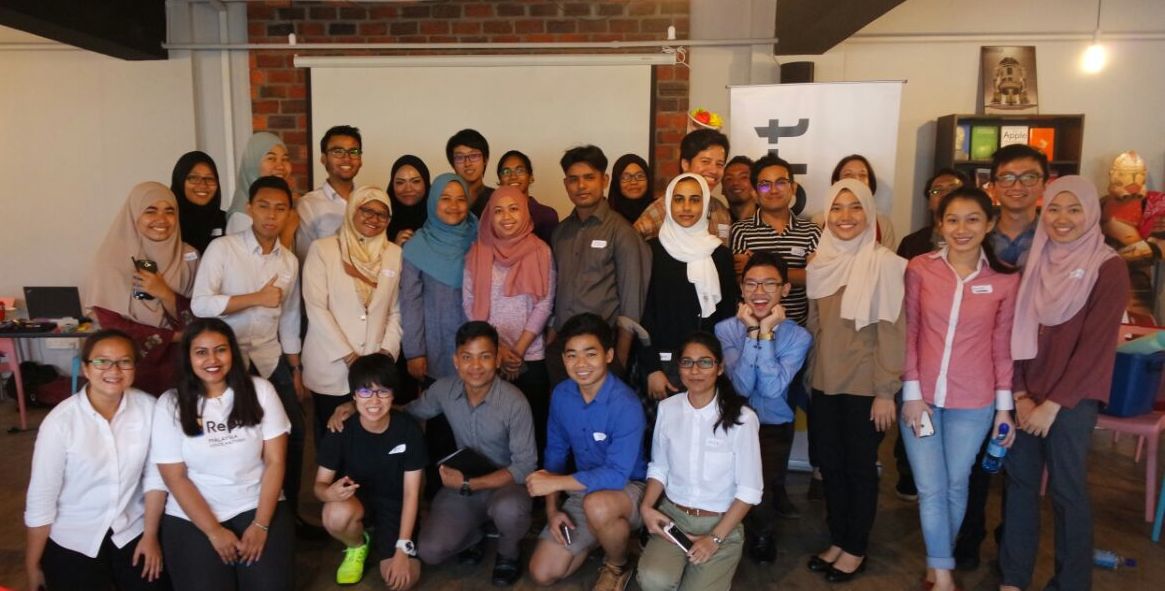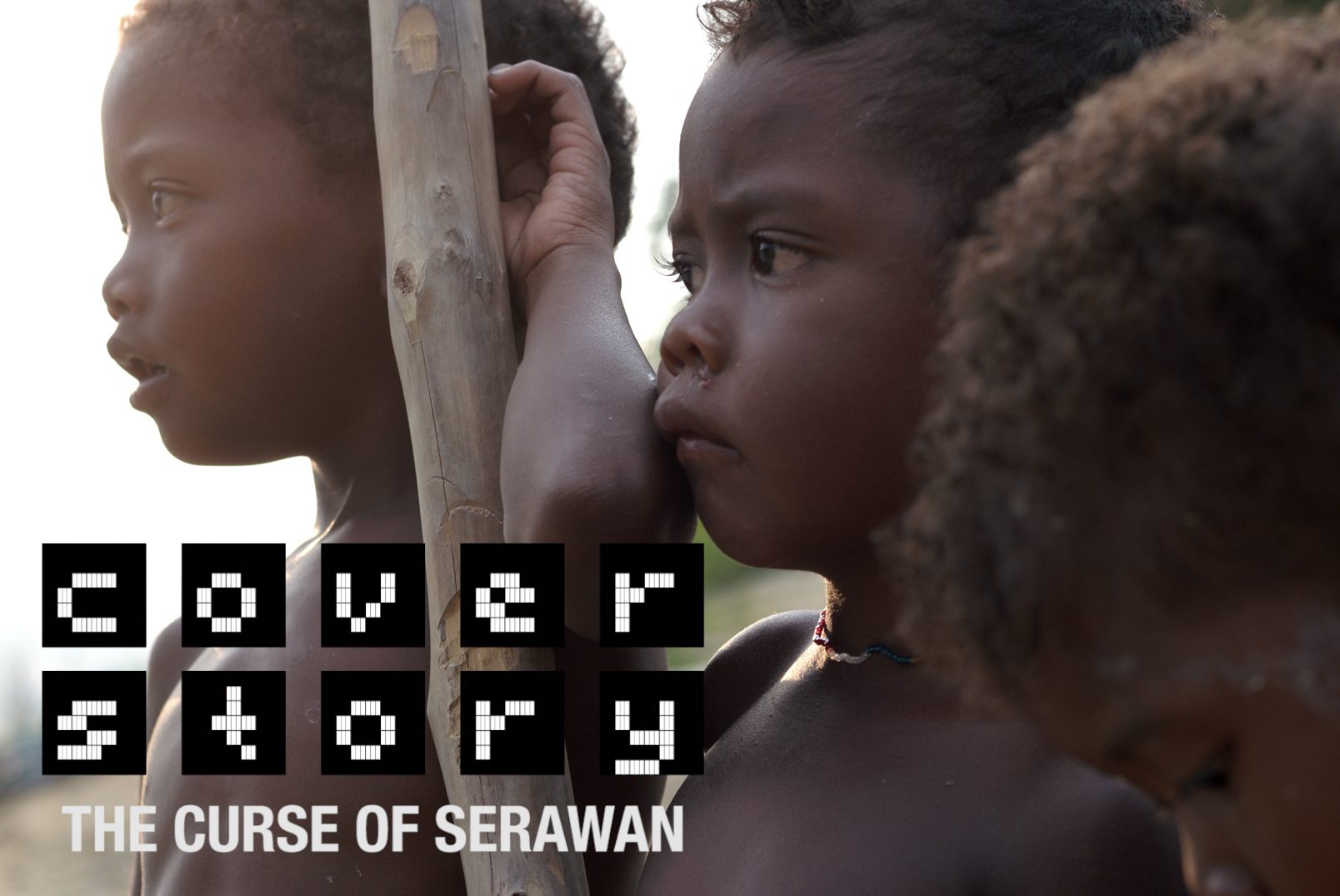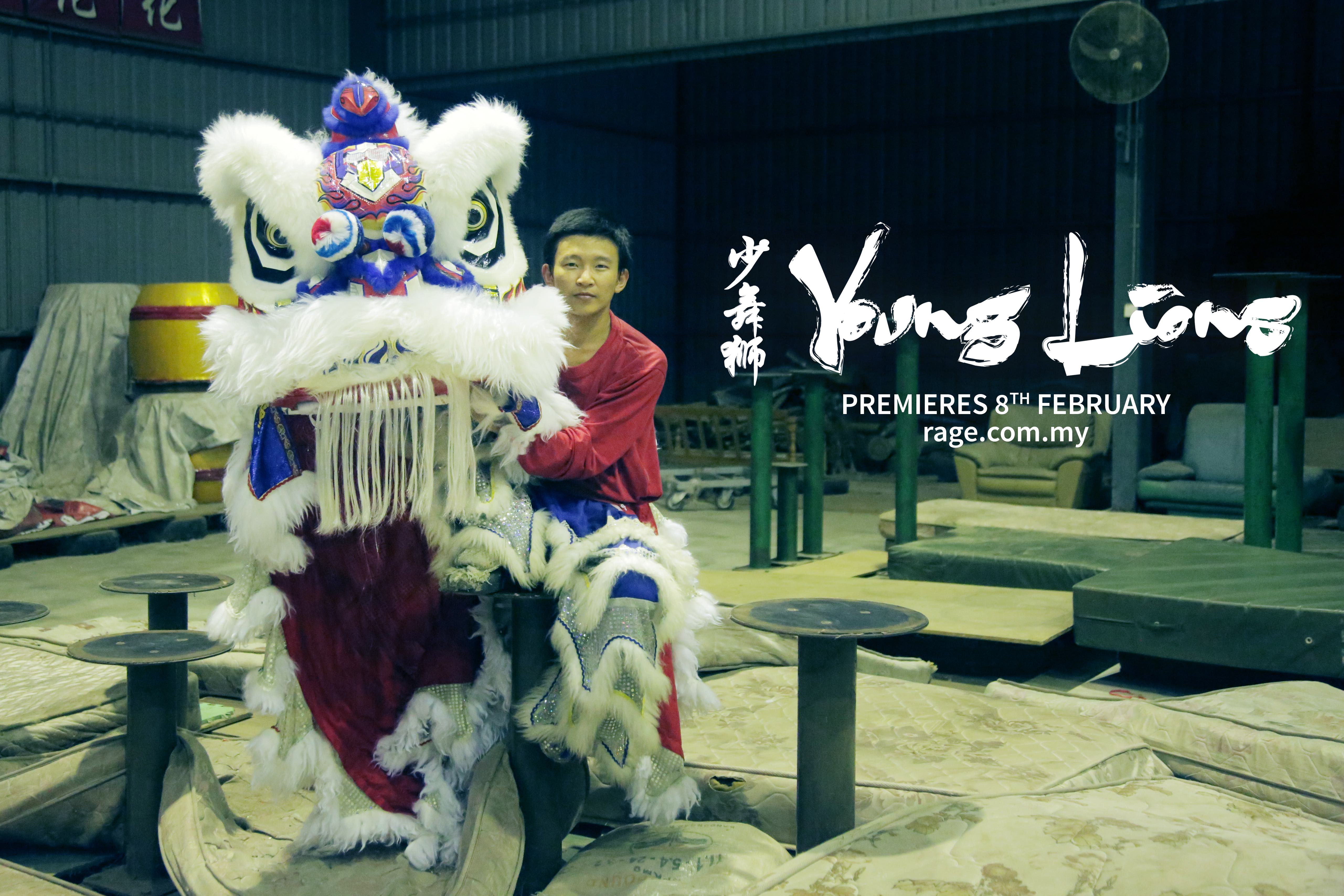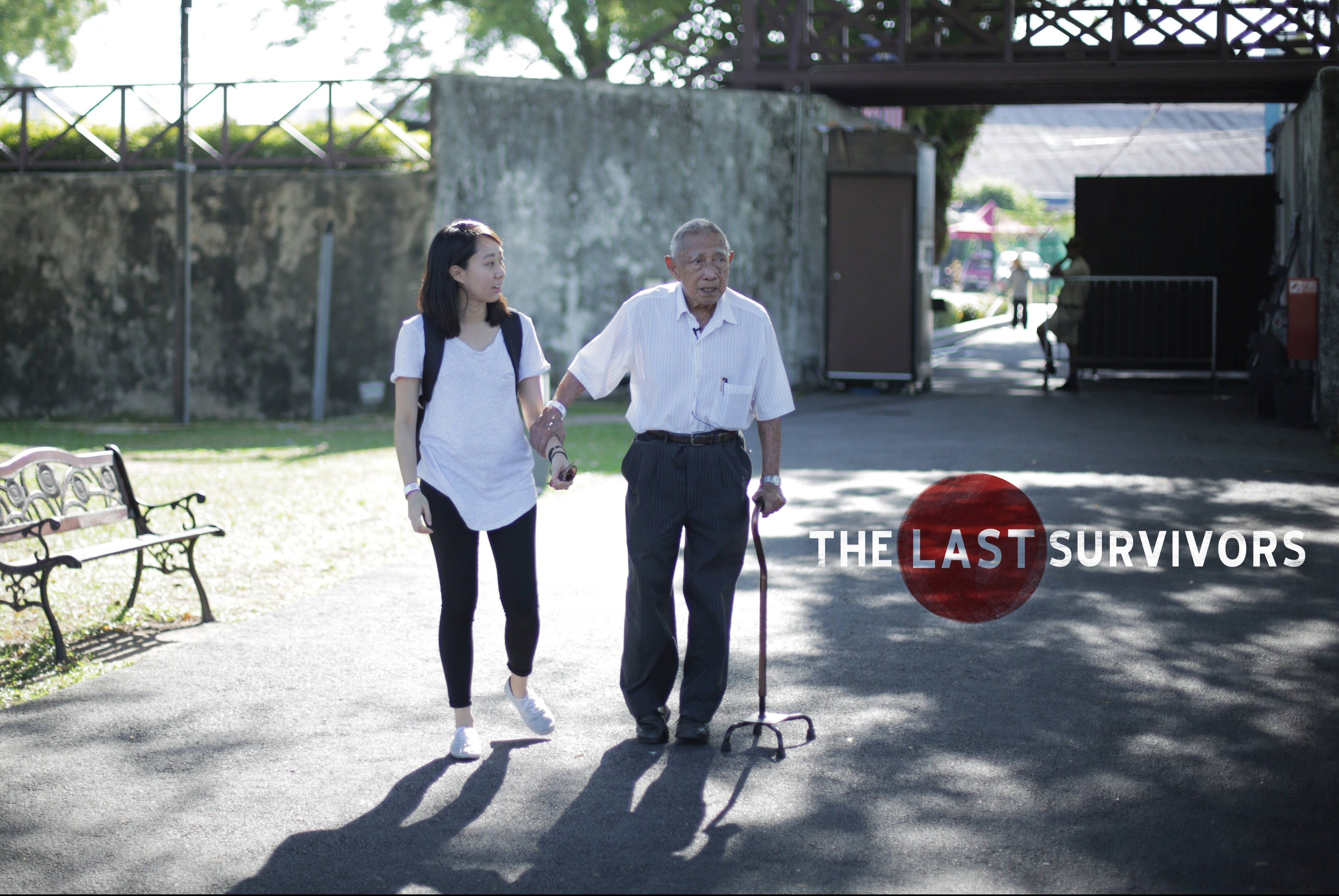Story by MARYAM ZAINOL
IN Liberia, teachers were exploiting students by rewarding grades or passing marks in return for sex.
It was a hushed-up secret – until U-Report Liberia caught wind of it.
U-Report is a mobile-based communication platform that lets young people, called U-Reporters, share their ideas and opinions on social issues in their community through polls and social media engagement.

Unicef’s U-Report mobile communication platform has empowered young people around the world to speak up about issues that affect them.
When U-Report Liberia received anonymous entries from U-Reporters on this issue, they ran a poll.
The response sparked the Sex4Grades campaign. Within a week, pedophilia and rape cases were exposed, resulting in Unicef and the authorities working together to protect children.
U-Report helps give a voice to the voiceless, and it’s now coming to Malaysia.
Officially launched by Unicef in 2012, it now has over two million users in 22 countries across four continents.
By year’s end it will be live here, thanks to the tireless two-woman team of Chelsey Lepage and Nishanthini Terumalai from Unicef who are hard at work setting up the platform for U-Report Malaysia.
“The platform takes snapshots of youth opinions and gets a pulse on current issues and trends that are important to them,” said Lepage.
“We work with the media, government, civil society and young people so we can take the poll results and bring it to the decision-makers at policy level.”
In Malaysia, Unicef will be working with R.AGE as one of its partners. The two will be working together to help amplify the voices of the U-Reporters and come up with collaborative campaigns.
Anybody aged between 15 and 30 is welcome to become a U-Reporter.

Youth advocates in Malaysia were brought together recently for a U-Report workshop and training session.
The platform also connects young people with each other, enabling them to create positive change together.
“I feel all young people should be given a platform to voice their opinions, from the most vocal to the marginalised. This is the platform for them,” said Nishanthini.
EMPOWERING THE YOUTH
U-Report isn’t just about letting your voice be heard locally. U-Reporters can also participate in global polls.
Last April, U-Report Global ran a month-long anti-bullying global poll that Malaysian youth took part in.
The poll results gave insights into the challenges faced by Malaysian youth, despite it being a global initiative.
More than half the respondents said they were victims of bullying, with a majority of female U-Reporters saying they were bullied because of their looks. Forty-three percent never told anybody they were bullied.
Unicef Malaysia representative Marianne Clark-Hattingh said it is important to empower children and young people to take advantage of what the Internet has to offer.
“It’s about building a culture of responsibility online, equipping children and young people with the ability to judge, navigate and create content within a safe Web environment,” she said.
Clark-Hattingh also said young people have a responsibility to participate, make decisions, show support to others and create an environment of positive well-being for themselves and others.
“What happens in the online world is a reflection of society at large. The dangers children face online are mirrored in what happens in their homes, schools, and communities,” she said.
HOW U-REPORT WORKS
It’s easy to ignore things that you can’t see or hear, so alerting both the public and decision-makers to important issues is a big first step towards creating the awareness and action that will lead to lasting change.

Some of the issues the U-Reporters would like to address, compiled during a U-Report workshop.
“The combined responses from young people all across the country makes each voice louder and stronger than it would be alone,” said Clark-Hattingh.
To get these voices, polls are sent to U-Reporters weekly.
The poll questions are suggested by U-Report project partners which include youth organisations, university clubs, NGOs and government agencies.
Within days, the results are shared with U-Reporters along with useful information to help them get more involved with the issues.
U-Report is still in its testing phase in Malaysia, with a modest group of around 500 test users, mostly from organisations like DoSomethingGood, the Guides Association, iM4U and a variety of university clubs that are advocating the concerns of their peers.
Although the platform is still in its infancy, active U-Reporters have already started bringing issues like quality of education, mental health, early marriage, financial literacy and refugee rights to light.
U-Report Malaysia’s partners then work to make sure poll results are shared with the public and policy-makers so they will be considered during decision-making processes.
It is a fairly long process, so it’s up to U-Reporters to find creative solutions for these issues in their own lives and communities.
Of course, U-Reporters will also be equipped with information that will help them get started if they want be involved in solving the issues.
For example, in 2013, U-Report Zambia ran a poll on HIV/AIDS awareness among adolescents, and U-Reporters were sent follow-up messages on the nearest test centres, counselling offers and an opportunity to join a movement of responsible youth.
BE A U-REPORTER!
If you’re ready to start empowering change, Unicef and U-Report are waiting for you.
“We’d like to see more young people being active in making changes in their own communities and making full use of this platform to voice their concerns,” said Nishanthini.
If you’d like to be part of the community, follow U-Report Malaysia on Twitter (@ureportmalaysia) and you’ll immediately be sent instructions on how to get involved.
The first and easiest step would be to respond to the regular polls they’ll send to you. That will allow your voice to be heard by key decision-makers.
But after that, what you decide to do to make a change is entirely up to you.
Unicef and R.AGE are working together to give young Malaysians a voice through U-Report. Sign up as a U-Reporter today at twitter.com/ureportmalaysia and take part in our first R.AGE poll!




